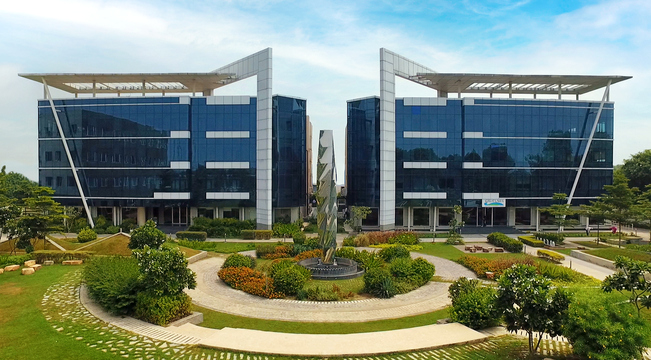– MESTA proposes interest free loans to parents, schools to pay salaries to teaching and non-teaching staff
– Compensate parents who cannot afford to pay fees through Direct Benefit Transfer System
– Include education sector as part of the Finance Ministry’s relief package for the nation
New Delhi, May 20, 2020: The Maharashtra English School Trustees Association (MESTA) has submitted a letter to Ms. Nirmala Sitharaman, Minister of Finance, Government of India, on behalf of crores of teaching and non-teaching staff across the country to provide necessary financial assistance to private schools and parents as many schools have started defaulting on salaries leaving the teaching and non-teaching staff apprehensive about their future.
MESTA had earlier written to Mr. Shaktikanta Das, Governor, Reserve Bank of India to issue loans to parents and private schools as incomes had dried up in families due to cost-cutting measures employed due to the COVID-19 pandemic by major conglomerates along with issuing pink-slips rendering the entire financial planning family in jeopardy.
Many state governments in India had issued a diktat to private schools issuing a ban on fee collection. MESTA has been rallying behind the teachers and support staff while at the same time it doesn’t not want to burden parents with the payment of school fees. Sanjay Tayade Patil, State President, MESTA has been calling for a solution for the two crore teaching and non-teaching staff across five lakh private schools who have been contributing towards providing uninterrupted education through various e-learning solutions. He iterates that they should get their dues and there shouldn’t be any adverse effect on their livelihood and survival.
Patil added that the Central Government and the Ministry of Finance, have issued an enormous healing package of Rs. 20 lakh crores for the Indian industry last week to lead India to the road to economic recovery. He added, in recent times, the ministry had announced a relief package of Rs. 1.7 lakh crores, towards food security and cash transfers to the poorest of poor and insurance cover for frontline medical personnel which was considered timely and prudent.
Also, the Reserve Bank of India (RBI) initiated measures by cutting the reverse repo rate to provide special liquidity support to non-banking finance and microfinance companies, facilitate increased emergency funding for state governments, and the recent Rs. 500 billion liquidity line to mutual funds will ease many problems of multiple sectors and many people.
Patil requested to Ms. Sitharaman to issue a similar package for the education industry as it is a part of the priority lending sector. “We request you to provide a similar and an immediate financial aid to the education sector to safeguard the jobs of crores of teaching and non-teaching staff, keep unaided education institutions functioning and prevent them from turning bankrupt. While certain states have allowed the collection of fees, many states are still to understand the value of salvaging the livelihood of our ‘gurus’ and non-teaching staff.”
He added that while states may have consented in allowing schools to pay fees, the prevailing issue of parents not being able to source liquidity for the education of their children remains. “In order to overcome this issue, we propose a three-point solution to the government which in sync with the government policies and not burden on the exchequer. The government should provide interest free loans for parents to fund their child’s education through direct benefit transfer. Secondly, similar loans should be provided to the schools to pay recurring costs such as teacher salaries, overheads and capital expenditures and thirdly, Direct Subsidy should be allowed on purchase of requisite computer hardware, such as laptops and computer desktops, as well as necessary software for continuation of education through online modes,” suggested Sanjay Patil adding that he this package isn’t a wavier but an advance to the education sector, which will reap dividend in the years to come and can be paid within less than a year.
Corporate Comm India (CCI Newswire)


































